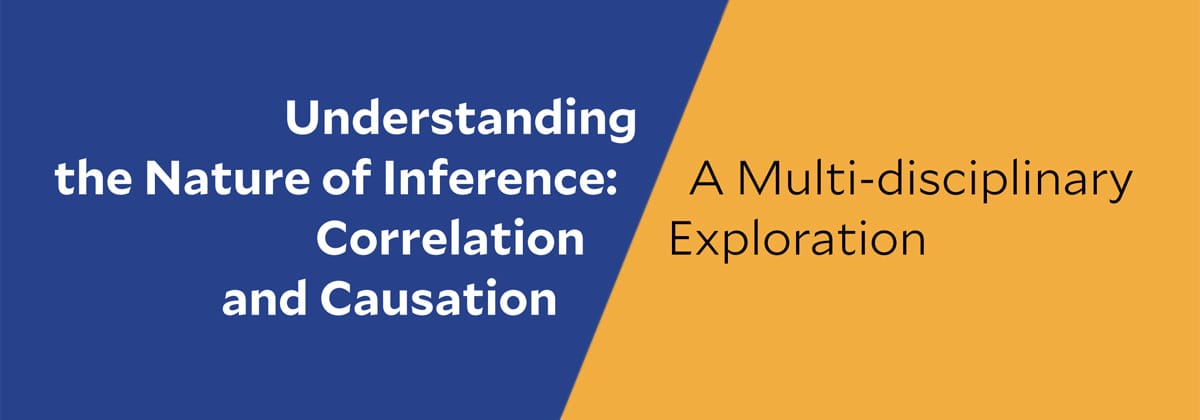
Talk Title: Causal Structure and the Temporal Asymmetry of Knowledge
Why do we know more about the past than the future? The answer, Professor Blanchard will suggest, has to do with the fact that it is easier to infer causes from their effects than vice versa - an asymmetry that is itself the result of certain facts about the causal-statistical structure of our world. The resulting account sheds light on the way in which the physics of our world both underlies our knowledge of the past and severely constrains our ability to predict the future.

Thomas Blanchard
Thomas Blanchard is assistant professor in philosophy at the University of Cologne. He received his Ph.D. from Rutgers University in 2014. Before coming to Cologne in 2020 he was a postdoctoral researcher in the Concepts and Cognition at UC-Berkeley, and an assistant professor at Illinois Wesleyan University. His research focuses primarily on causation and explanation. He is interested in general issues concerning causation and causal reasoning such as causal asymmetries, levels of causal explanation, causal selection, and the epistemology of causal inference. He also interested in the role that certain causal concepts and principles play in particular sciences such as biology, medicine and epidemiology.
